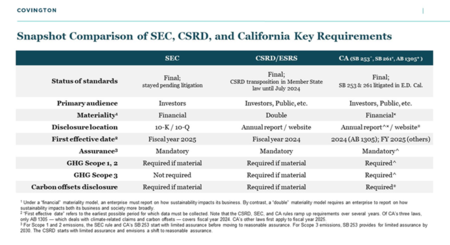As Australia emerges from the COVID-19 economic hibernation, CPA Australia calls on the Federal Government to shift its policy focus to supporting business recovery and reinvention, with the goals of achieving strong productivity, employment and GDP growth without compromising long-term environmental or economic sustainability.
Dr Gary Pflugrath, Executive General Manager Policy and Advocacy at CPA Australia said “economic policy decisions should take advantage of the currently low cost of debt and should not be driven by shorter-term budgetary considerations. With record low interest rates, we need to keep the cost of servicing debt in perspective. Government debt should not be a hand brake on economic recovery.”
The Government must provide certainty to enable businesses to recover and give them the space and time to seek professional advice and reimagine their operations for the post-pandemic environment. Existing COVID-19 measures, particularly JobKeeper, should therefore not be changed before the scheduled September 2020 end date.
“Existing COVID-19 measures should be withdrawn from September in an orderly tapered manner, balancing the need to support businesses that are viable in the longer-term against the limited benefit in sustaining businesses that have little or no chance of recovery.
“The opportunity exists for many businesses to reboot and permanently change the way they operate. We expect technology to be key to this. However, with our Asia Pacific Small Business Survey showing that the level of technology use and investment by Australia’s small businesses is significantly lower than small businesses in Asia, state and federal governments need to greatly expand the support they provide to SMEs to better back the sector’s digital transformation efforts,” Dr Pflugrath said.
Temporary regulatory relief provided during the pandemic crisis to remove barriers to enable companies to meet their reporting and governance obligations should be permanently adopted.
“To support businesses to embrace the efficiencies and experience of using technology, moving to a paperless office and remote working, temporary relief measures should be permanently adopted, including virtual AGMs, acceptance of electronic signatures and electronic lodgement and storage of forms and data.”
Finally, the Australian economy has experienced a number of significant shocks over the last twelve months.
“An important lesson from 2020 is that governments need to develop pre-prepared economic and policy frameworks that can be activated when a disaster occurs. This ‘break glass in emergency’ response should be designed so that it can be scaled up or down quickly in response to the nature and magnitude of a disaster. This would minimise the need to make policy on the run and reduce the time between a disaster and the delivery of considered and appropriate levels of assistance to directly and indirectly-impacted businesses.
“Another important lesson is that consideration of climate change policy and meeting our commitments under the Paris Agreement must be core principles in post-COVID-19 economic recovery policy,” Dr Pflugrath concluded.
Detailed recommendations and guiding principles for economic recovery can be found in the CPA Australia Policy Bulletin: Post-COVID19 Pandemic Economic Recovery.
About CPA Australia
CPA Australia is one of the world’s largest accounting bodies, with over 165,000 members working in more than 100 countries and regions and supported by 19 offices globally. Our core services to members include education, training, technical support and advocacy. Employees and members work together with local and international bodies to represent the views and concerns of the profession to governments, regulators, industries, academia and the community. Visit our website: www.cpaaustralia.com.au








